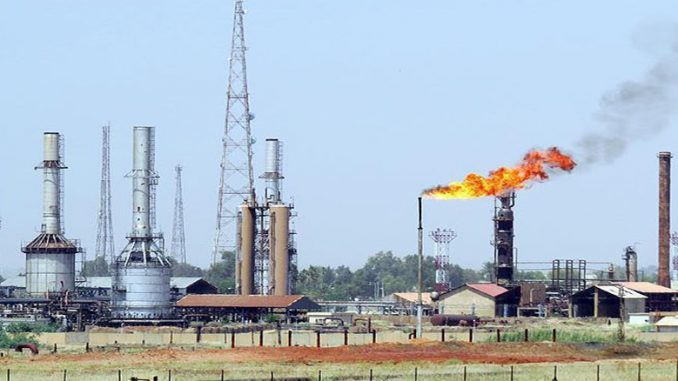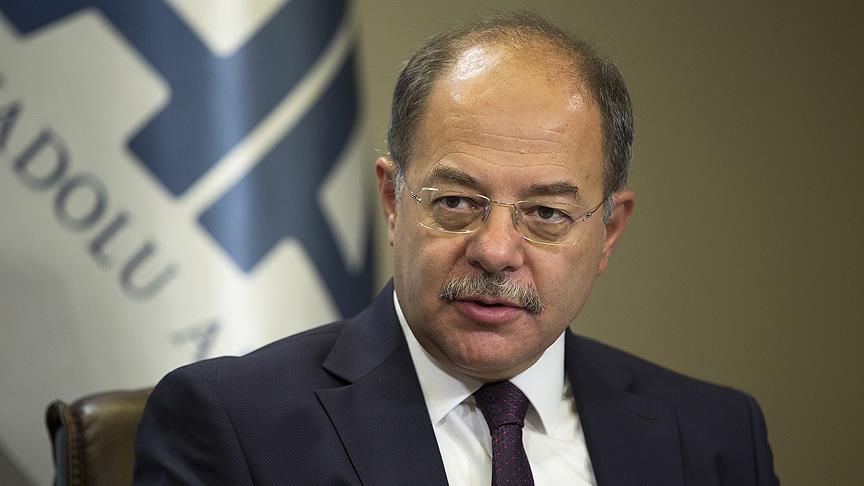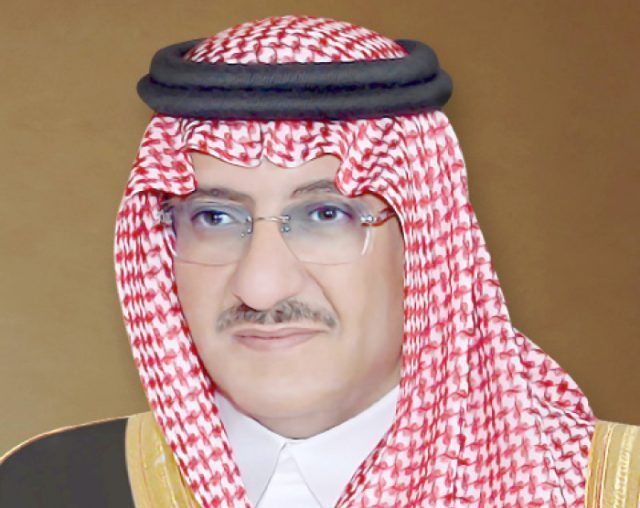
The country has the right environment to develop unconventional resources, Canadian company’s CEO says
There is a great opportunity for unconventional reserves in Turkey’s southeast and northwest, Jim McFarland, president and CEO of Canada’s Valeura Energy said on Wednesday.
Speaking at the panel entitled, Unconventionals – The New Conventional, organized on the sidelines of 22nd World Energy Congress in Istanbul, of which Anadolu Agency is the global communication partner, McFarland said knowledge transfer in unconventionals from North America to other regions around the world including Turkey is a possibility.
“You have the right environment to make these kind of commitments in Turkey and to develop unconventional opportunities,” he explained.
“The country [Turkey] has established petroleum laws dating back to 1926. It is administered by a very professional and efficient regulatory body called the General Directorate of Petroleum Affairs of Turkey. You can get things done in Turkey and can do business here,” he asserted.
Given Turkey’s energy appetite, which is growing strongly, the market is really ready for domestic gas production, according to McFarland.
“Producers in Turkey can capture Brent-related oil prices and pretty significant natural gas prices,” he explained.
McFarland stressed that Turkey’s location at the crossroads of Europe and the Middle East, forms a “natural energy hub” while also asserting that the country’s policies reflect a very sophisticated view of the energy business.
Noting that Turkey currently produces less than 5 percent of its domestic needs from oil and gas, he said that there are a number of proven hydrocarbon basins in the country that most people would consider are relatively underexplored and underexploited.
“Particularly on the unconventional side, we think there is still a great opportunity here both in southeast Turkey in the Anatolia Basin as well as the Thrace basin in northwestern Turkey,” he asserted.
Conventional oil, which is liquid at atmospheric temperature, can be produced by using traditional drilling methods while unconventional oil requires advanced production methods due to its geologic formation and its density, which means that it does not flow freely and independently.
The U.S. Energy Information Administration (EIA) estimates that total recoverable resources from shale in Turkey could exceed 23 trillion cubic feet of gas and about 4.7 billion barrels of oil, according to McFarland.
Valeura Energy has been active in the Thrace Basin for over six years and the company has recently entered a joint venture with Statoil for shale gas exploration, he said.
McFarland underlined their belief in unconventional potential in Turkey and highlighted “significant investments” that the company will undertake.
“What we like about Turkey is that it provides an excellent fiscal regime,” he said, adding that they are putting their best efforts to have meaningful results from the studies that they have conducted in the country.
“We are applying all the modern seismic acquisition and interpretation techniques. Modern drilling and fracture stimulation technologies will be applied here with our partners including Halliburton,” he said.
“The investments that we are planning are significant,” he asserted, underlining that in the fourth quarter of the year, the results of their studies will be announced.
Valeura Energy, established in 2010, is a Canada-based public company engaged in the exploration, development, and production of petroleum and natural gas in Turkey.
The company has executed a number of transactions and currently holds interests in 21 production leases and exploration licenses in the Thrace Basin of Turkey. Valeura’s petroleum and natural gas sales in the Thrace Basin of Turkey in the first quarter 2017 averaged 807 barrels of oil equivalent per day.



